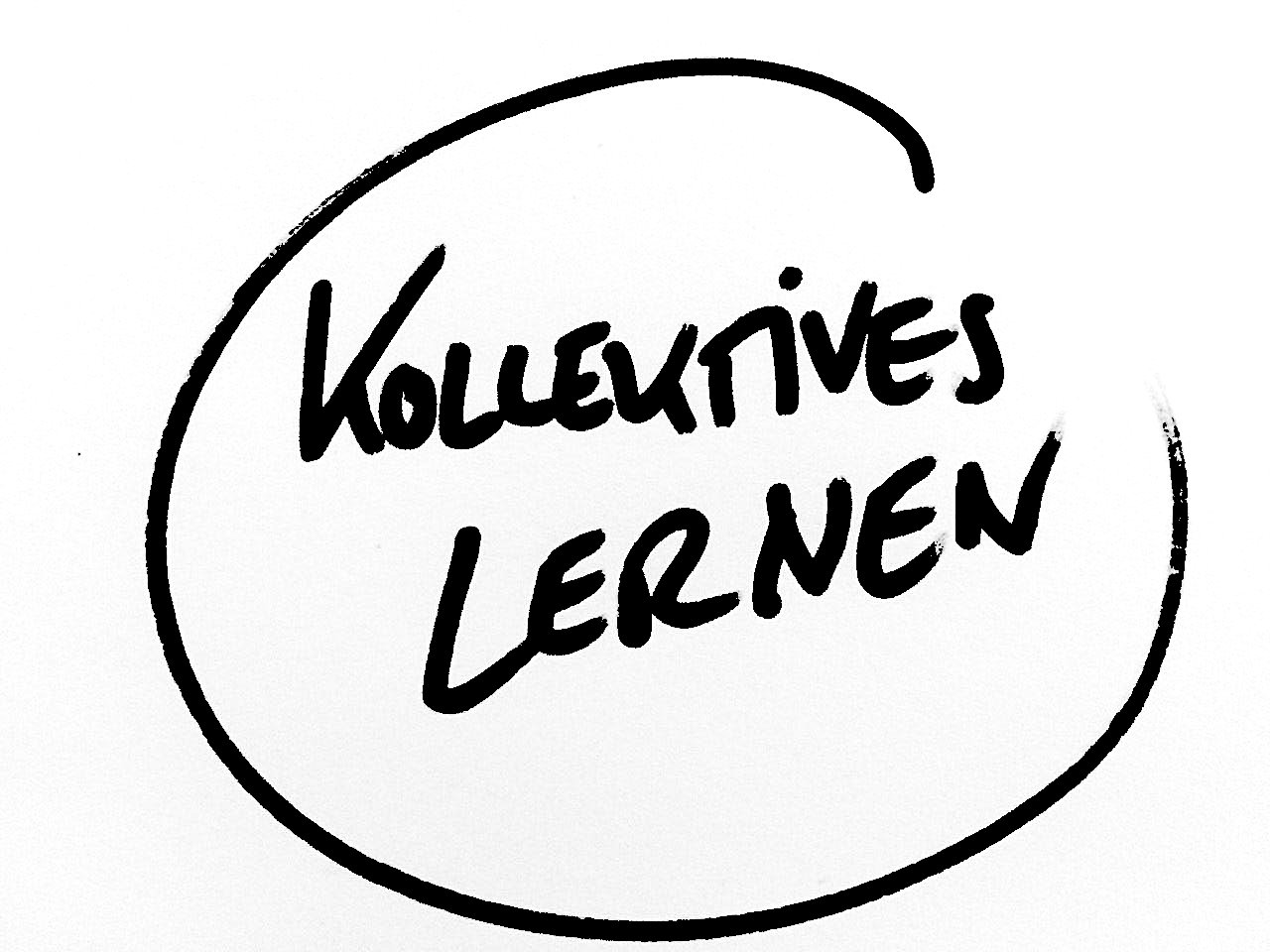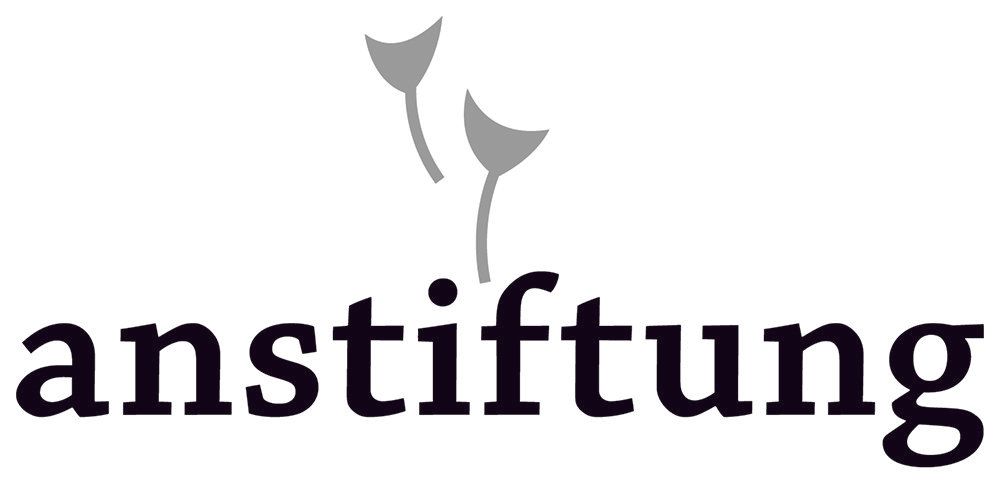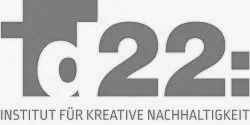collective learning
unASAP - unAcademy for Social-Ecological Work & Practice
unAcademy for Social-Ecological Work & Practice (unASAP)
For us, collective learning means exchanging experience-based knowledge on how we can collectively contribute to a socially and ecologically fairer city. Collective learning is a self-organized, decentralized un-academy, in which open and self-organized spaces in Berlin allow people to gather, exchange and pass on knowledge and experience.
Collective learning was initiated by Marco Clausen as a continuation of the experiences with self-organised educational work in the Prinzessinnengarten and Nachbarschaftsakademie and is supported by id22 and the anstiftung.
Mail: kontakt@kollektiveslernen.net
Events
July 17th and 18th 2020
Stadt im Fluss / City flows
Stadt im Fluss / City flows
Start of COLLECTIVE LEARNING with film, visits, culture and exchange about Spreefeld, Spreeacker and Teepee Land at the Spree
Together with different locally engaged actors we offer the opportunity to get to know the many activities, initiatives and dynamics along the bank of the river Spree in an informal, self-organised environment and to exchange views on them and their future design as well as to explore what can be learned from these approaches from below for a transformation.
Due to the current exceptional situation, we will adapt the programme to the distance regulations and limit the number of participants. So please let us know if you have time and interest to participate. If necessary, we will add online streaming to the event. For participation we ask for a registration by mail to: kontakt@kollektiveslernen.net
The idea of COLLECTIVE LEARNING
Collective learning is a decentralised, self-organised programme of conversations, workshops, walks, community dinners and film evenings. In self-organized spaces in Berlin we want to create and support programs for a socially and ecologically just city. Our vision is a decentralized and self-organized learning network of a multitude of people, groups and places who, despite all their differences, recognize the need for rapid and profound change and are practically committed to it.
This Academy of Change is initiated from below, functions without access restrictions and forms a network of learning and participation opportunities. The focus is on the experiences and competencies of concrete participation in neighbourhoods and free spaces. The formats are open to everyone interested and embedded in the context of people's everyday lives. The aim is to strengthen local opportunities for action against the background of the global ecological crisis and to link these together.
For us, "collective learning" means exchanging knowledge on how we can jointly contribute to a socially and ecologically fairer city and its relationship to rural areas. Against the backdrop of the global ecological crisis, we believe that the necessary change must encompass our entire way of life and economy in order to at least slow down the destruction of the foundations of life on this planet. We start at the local level, in our immediate living environment, in our neighborhoods, where the effects of our own and community activities can be directly experienced. We do this in the knowledge that the desire for positive change and for the preservation of the natural foundations of our lives is shared by many people around the world. We act in solidarity with them.
For us, learning is a common good without access restrictions and is not limited to university or school, not to careers and diplomas. For us, collective learning means acquiring concrete knowledge together in order to change the world around us: action knowledge from open spaces such as urban gardens, do-it-yourself or repair initiatives, community spaces and community kitchens. How can these experiences help to create not only small oases for the few, but contribute to a city that produces less waste and less emmission, guarantees housing and education for all, where we can move without traffic jams and air pollution and create a city for all, for new and old Berliners, for old and young, for coming generations, for humans and non.humans, a city of caring instead of competition and profit. A city in harmony with the natural boundaries of the planet, which is also a city of good living (buen vivir).


